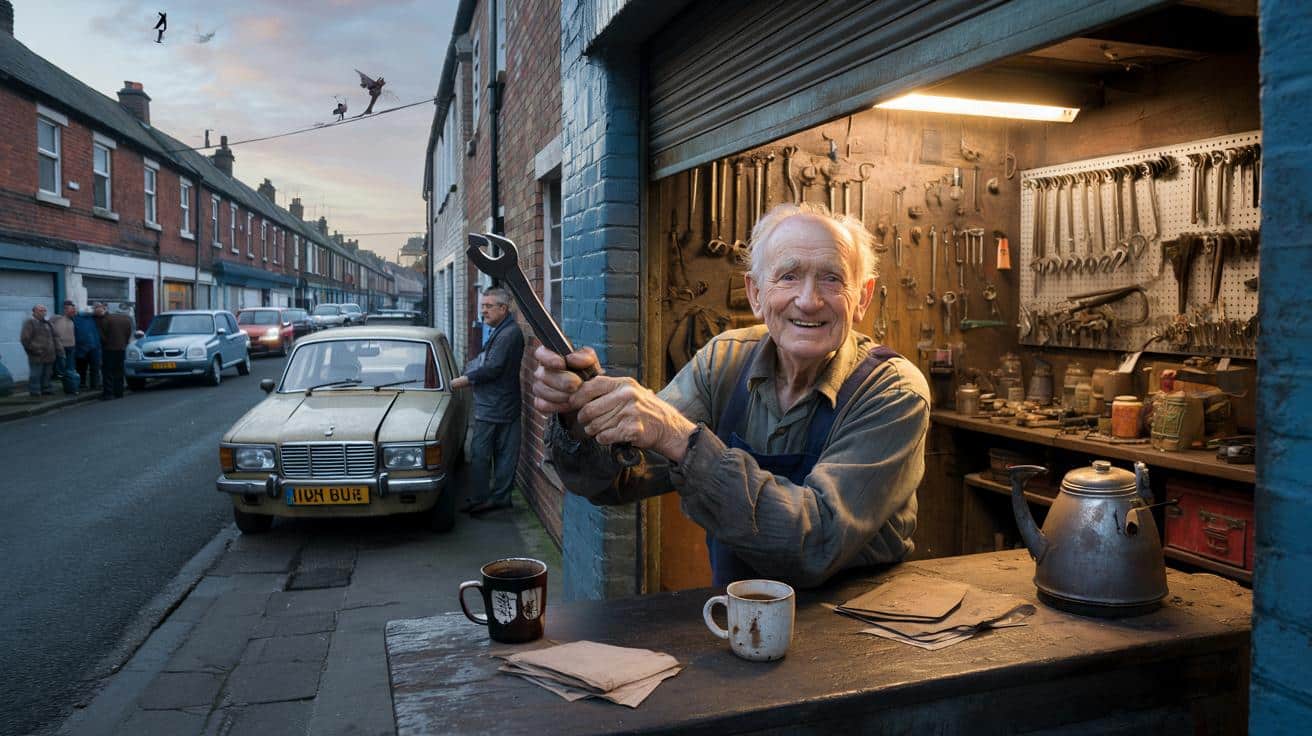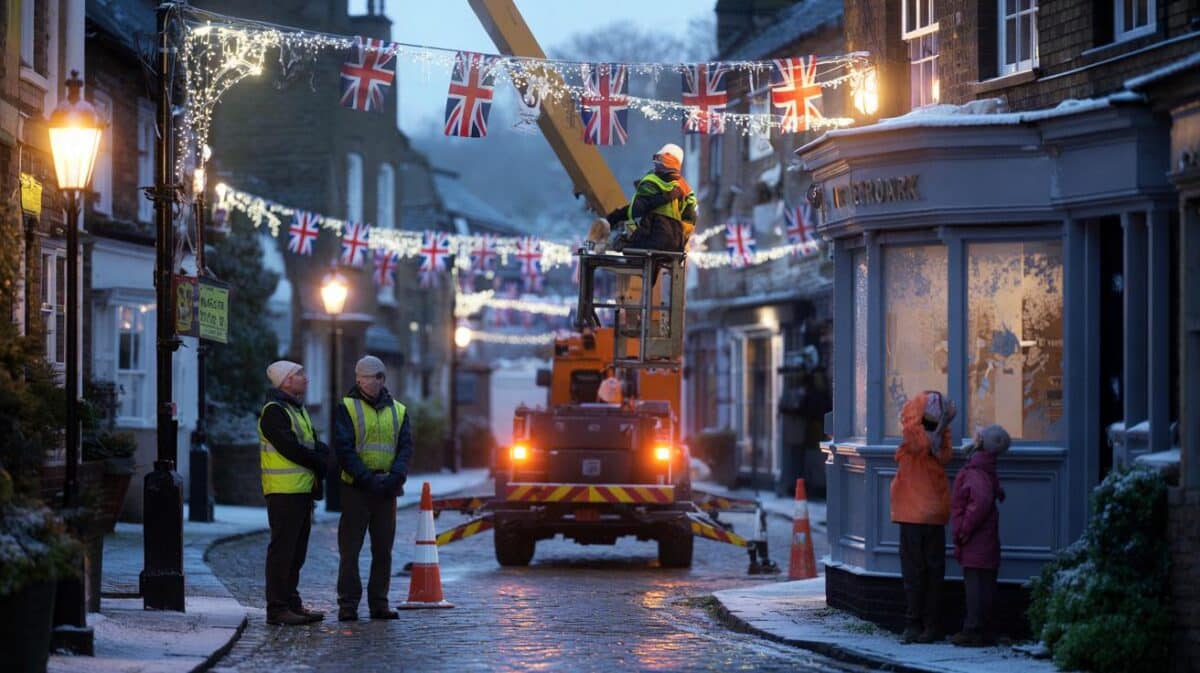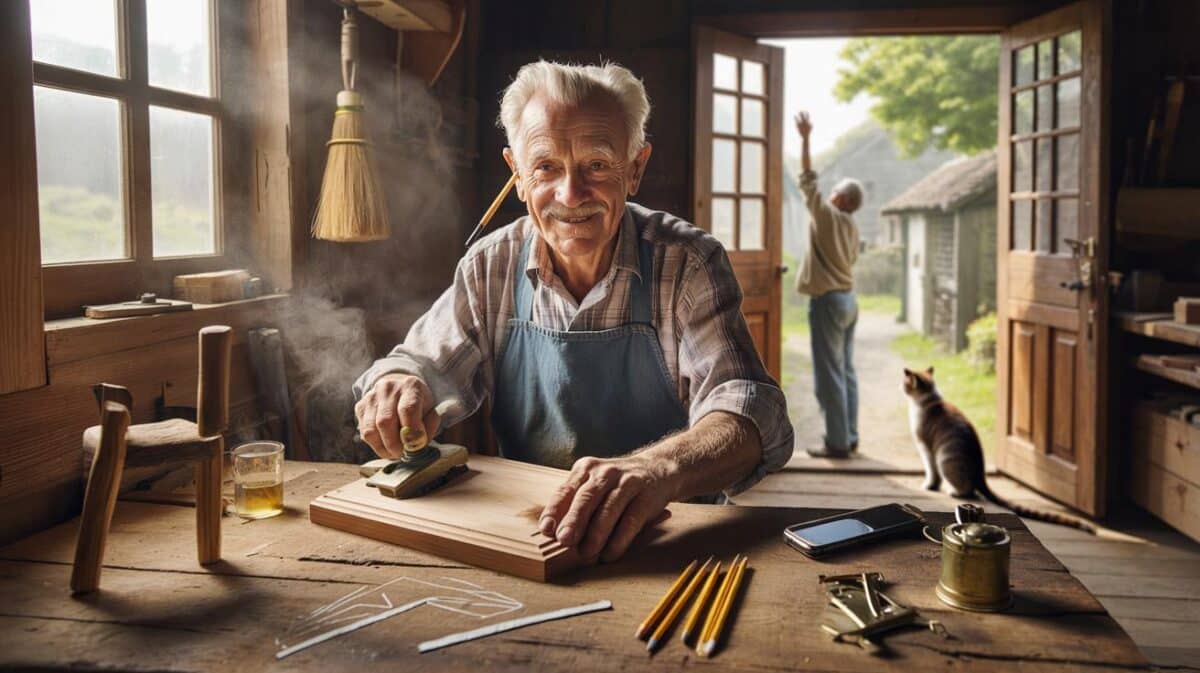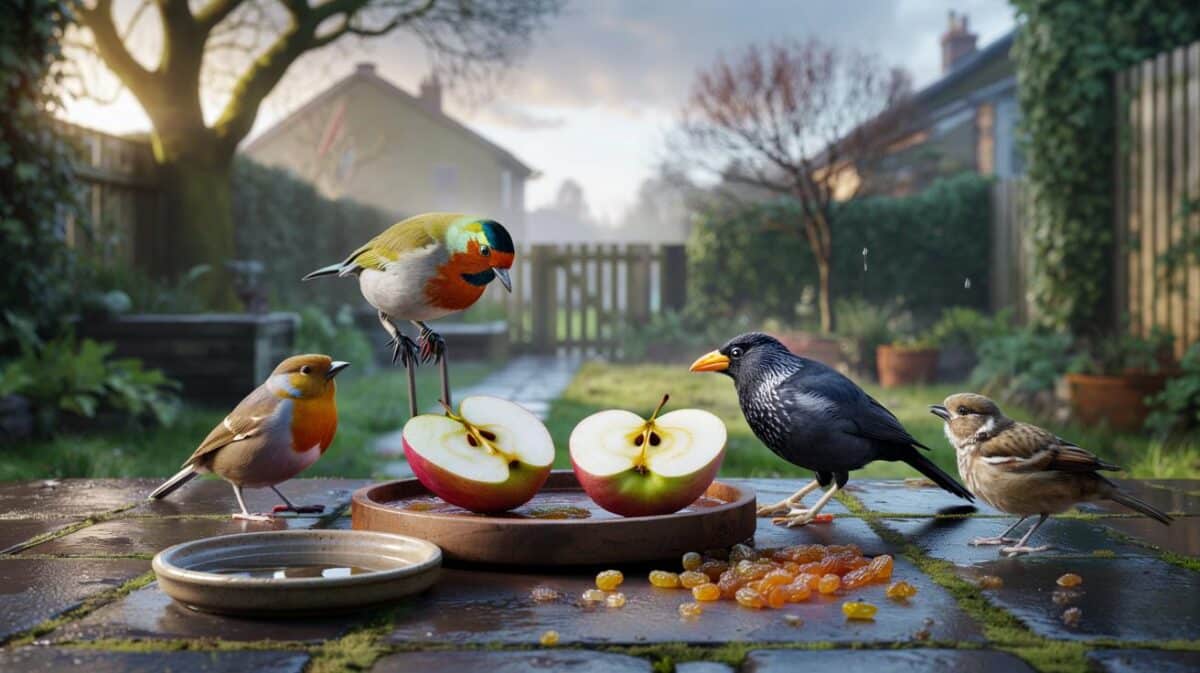It’s names remembered, doors left on the latch, and a battered kettle that never quite boils to the top. In Northern Ireland, one mechanic is closing the ledger on a lifetime of work by doing the simplest thing he knows: saying thank you. The tools are still on the pegboard. The floor is still stained with decades of stories. And a line on a handwritten note reads, “Your loyalty and friendship have meant everything.”
The shutters roll up with a rattle that the street knows by heart. The first to arrive are the birds, then the early risers with coffee mugs and suspicious noises coming from somewhere near the front left wheel. Tommy McCourt, now 86, rubs his hands and grins at the clatter, as if the workshop itself is cracking a joke. He picks up a spanner as though he’s greeting an old friend. Seventy years is a long time to hold a set of spanners. He has pinned a thank-you note to the door, the ink still damp. He still turns the key at dawn. And today, the queue is longer than usual. For a simple reason.
Seventy years under the bonnet
Tommy started as a teenage apprentice in a Belfast backstreet, back when petrol had a smell you felt in your throat. He learned fast because the work never waited, and because men with families needed their vans by tea time. Even now, he can tell a failing alternator by the way the radio flickers when you hit the indicator. He laughs at the fancy diagnostics when a good ear and a steady hand still get you most of the way there.
Ask around town and the stories spill out like oil from a cracked sump. One woman swears her car only lived as long as it did because Tommy listened, nodded, and found the rattle she was sure she’d imagined. Another remembers him turning up at dusk during a cold snap with a jump pack and a thermos, refusing a penny for the call-out. Loyalty, in this town, travels by word of mouth and worn-out tyres. You don’t advertise that kind of thing. You live it.
Why does a place like this outlast trends and trade wars? Trust gets built with small rituals: the cup of tea offered before the engine turns, the honest phone call that says the repair can wait, the habit of writing down the part number so the next fix is quicker. We’ve all had that moment when a dashboard light flickers, and you just want a familiar face to say, “It’ll be grand.” The garage becomes a second front room, and the mechanic, in his way, becomes family.
The craft that kept the doors open
There’s a method to the magic if you watch closely. Tommy listens first. He asks when the noise started, what changed, who drove it last. He maps the problem in his head like he’s tracing the road home. Only then comes the spanner work: the test drive round the block, the gentle brake, the slight turn of the wheel, the pause where the fault tends to speak. He keeps a notebook of oddities, a recipe book of fixes he swears by.
Drivers under pressure often miss easy wins. Tyre pressure left to guesswork. Oil checks done only when the engine coughs. Cars live longer when they’re driven kindly and serviced before the calendar shouts. Tommy’s trick is to explain without scolding, to turn jargon into plain talk, to make people feel clever for catching something early. Let’s be honest: nobody really does that every day. So he sets reminders and scribbles dates on key fobs, reducing panic later.
On the counter sits a tiny stack of photocopied letters he plans to hand out this week — creased already from being passed around and tucked into wallets. He spoke softly when he wrote his favourite line.
“Your loyalty and friendship have meant everything.”
He knows what kept the lights on. He also knows people move fast and forget, so here’s a small, pocketable nudge.
- Three habits he swears by: listen for new noises, check fluids monthly, clean battery terminals twice a year.
- Three things he never rushes: brake inspections, timing belts, wheel bearings.
- Three kindnesses that still matter: call if you’re running late, bring the logbook, leave with a thank you.
What seven decades really mean
Seventy years isn’t a neat headline. It’s four generations learning to drive, awkward first cars and last trips home, roadside rescues at 2am, and weddings where the wedding car actually made it because someone stayed late with a torque wrench. It’s a community glued together by little favours and long memories. The thanks go both ways. People brought business. They also brought traybakes, gossip, and a reason to keep rolling the shutters up when the world felt shaky.
| Key points | Detail | Interest for the reader |
|---|---|---|
| Seventy-year career | From apprentice to trusted local mechanic with a workshop that became a community hub | Shows how consistency and care outlast trends |
| Customer-first practice | Listen before tools, explain in plain English, log the little things | Actionable ideas for better car care and service |
| Thank-you message | “Your loyalty and friendship have meant everything” shared in person and on the door | Human reminder that small businesses are relationships, not just transactions |
FAQ :
- Who is the Northern Ireland mechanic everyone’s talking about?A veteran local known for seven decades under the bonnet — the kind of mechanic who knows your car and your name.
- Why did he share a public thank-you now?Marking seventy years felt like the right moment to hand the credit back to the customers who kept the doors open.
- What’s his core maintenance advice?Listen first, check little things regularly, and service before it hurts — and keep questions simple and honest.
- How can drivers build the same trust with their own garages?Keep records, describe symptoms clearly, agree costs upfront, and show up on time — respect works both ways.
- Is he retiring completely?Not quite; he’s easing off the daily grind, mentoring younger techs, and popping by for the tough puzzles he still loves.









